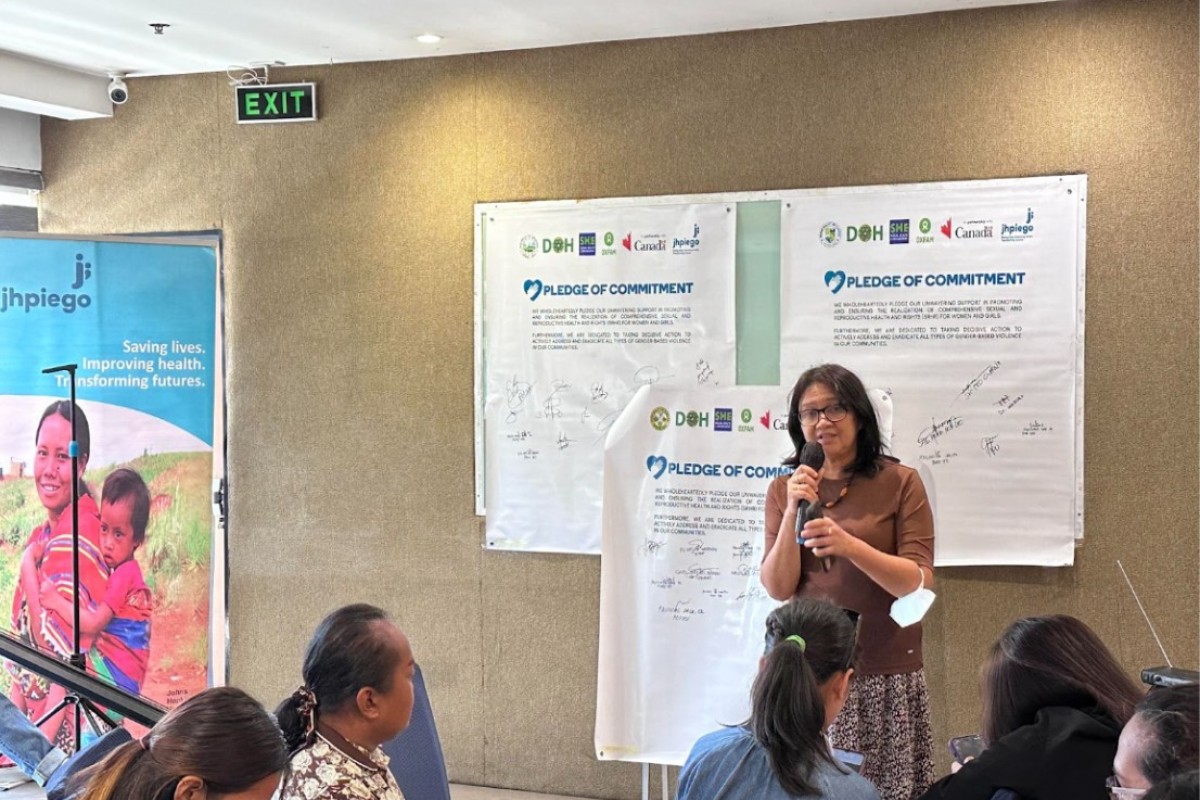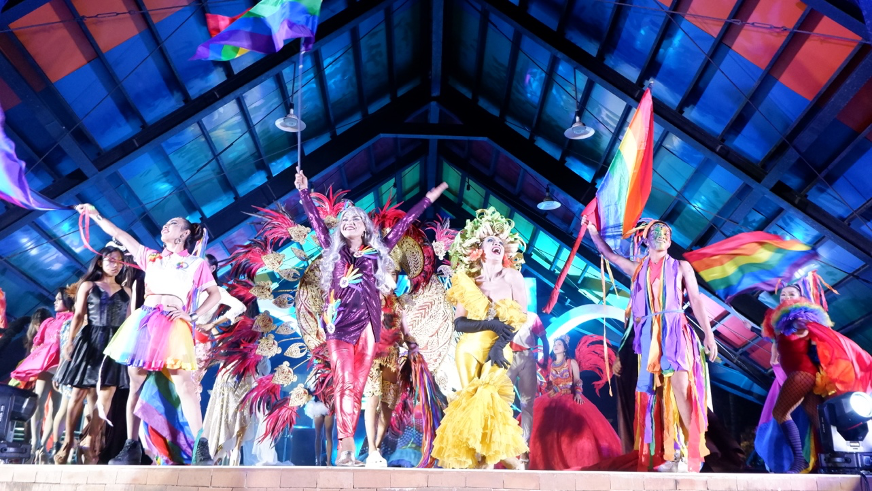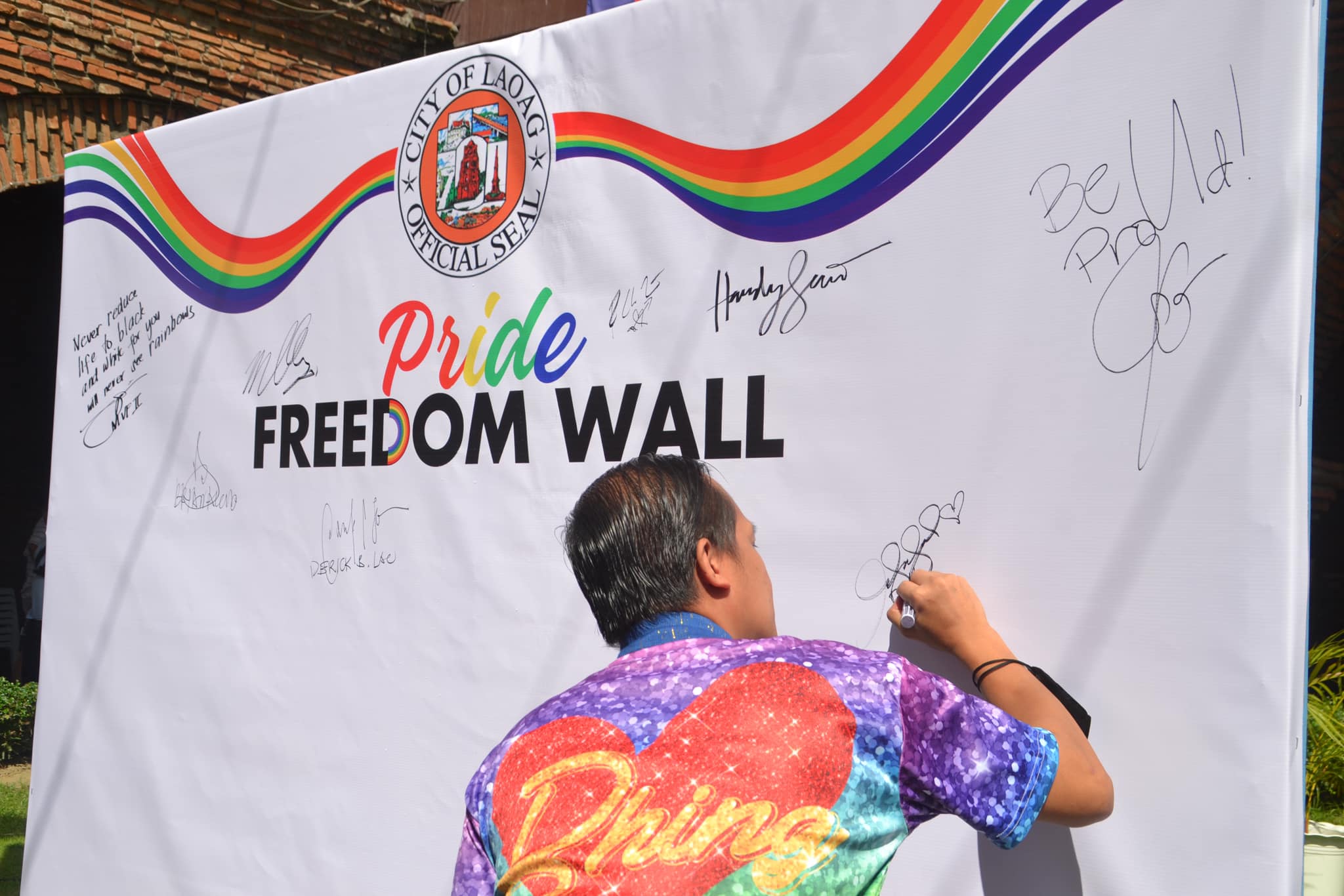In achieving 79.1% gender parity based on the 2023 Global Gender Gap Index (GGGI), the national government and various groups work together to make the Philippines the leading Asian country in closing the gender gap.
On its 2023 scorecard, the Philippines ranked 17 among 146 countries on economic participation and opportunity, 32 on educational attainment, 86 on health and survival, and 30 on political empowerment.
With the remarkable achievements of the country, the Philippine Commission on Women (PCW) recognized the support of all government agencies, non-government and civil society organizations, academe, and different stakeholders.
To further aid in the country's quest for gender equality, the Jhpiego Philippines, an international non-profit organization, held a two-day Workshop on Collaborating, Learning, and Adapting (CLA) and Program Implementation Review of Sexual Health and Empowerment (SHE) in northern Mindanao.
"With over five years of implementation, the SHE Project has achieved significant milestones at various levels. Central to this endeavor is the promotion of Sexual and Reproductive Health and Rights (SRHR) and the prevention of Gender-based Violence (GBV)," said Coleen Dolina-Anugon, SHE regional coordinator in northern Mindanao.
The SHE Project has been in operation for more than five years and has accomplished significant milestones at various levels. Anugon said the promotion of SRHR and the prevention of GBV are essential to this effort.


Impacts of SRHR
As of 2020, the Commission on Human Rights (CHR) has recorded cases of rape, sexual harassment, threats, violence against women and their children, murder, and misogynistic, homophobic, or transphobic remarks or acts in Lala, Lanao del Norte, Cagayan de Oro City, and Maramag, Bukidnon.
In finding ways to help the region respond appropriately to the said issues, the right to complete information and services about sexual and reproductive health was included in SRHR.
To live healthy and fulfilling lives and to ensure their physical, mental, and emotional well-being, it is acknowledged that people, particularly women, and girls, have the right to make decisions about their bodies, including reproductive choices, family planning, and protection against gender-based violence.
The workshops encouraged positive discourse and knowledge sharing among participants, says Dr. Neil Angelo Cabudoy, municipal health officer of Dangcagan, Bukidnon. This allowed them to collaboratively contribute to the project's success and sustainability.
"We were able to identify a list of successful approaches and recommend policy reforms to address issues that contribute to gender inequality through plenary discussions and small group workshops. We also discussed comprehensive strategies to engage various stakeholders, including governments, civil society organizations, healthcare providers, educators, and communities," he said.
For her part, Jhpiego Philippines' Country Program Manager, Dr. Ingrid Magnata, said the workshop's main goal was to give participants an organized environment for collaboration, learning, and adaptation.
Partners should keep working together as the project nears completion, learn from their successes, adapt, and foster an environment that is safe and inclusive for everyone, she added.
The objective of CLA is to enhance the efficacy, efficiency, and sustainability of development projects and programs.
"Jhpiego extends its gratitude to all the stakeholders—municipal, provincial, and regional partners—who participated in the workshop. Their collaboration and commitment are vital in ensuring the continued advancement of sexual health and empowerment in the Philippines," Magnata said.

Unison in action
The participants signed a commitment pledge after the two-day workshop. The pledge of commitment emphasized that preventing SRHR and GBV is a question of human rights, equality, and justice in addition to health.
It emphasized that by taking firm action to effectively address and eradicate all forms of gender-based violence in communities, a society where everyone can live their lives with dignity and respect will eventually be created.
A marketplace showing various SHE projects was also established, promoting the efforts of regional governments and nonprofits to offer services and information on sexual and reproductive health that are gender-sensitive.
"By promoting SRHR and preventing GBV, we pave the way for a society that respects and upholds the rights of every individual. It is a collective responsibility to challenge harmful norms, dismantle barriers, and create an environment where SRHR is universally recognized and protected," said Daryl Leyesa, PKKK SHE project coordinator.
SHE is implemented in collaboration with seven local civil society organizations, is funded by Global Affairs Canada, and is led by Oxfam. By educating healthcare professionals and management, enhancing youth- and gender-friendly SRH outreach programs, and encouraging the coordination of SRH and GBV services, Jhpiego provides technical leadership.
Jhpiego develops systems that save lives and ensure healthier futures for women and their families in collaboration with national governments, health specialists, and local communities. (RTP/PIA-10 with reports from Jhpiego PH)





